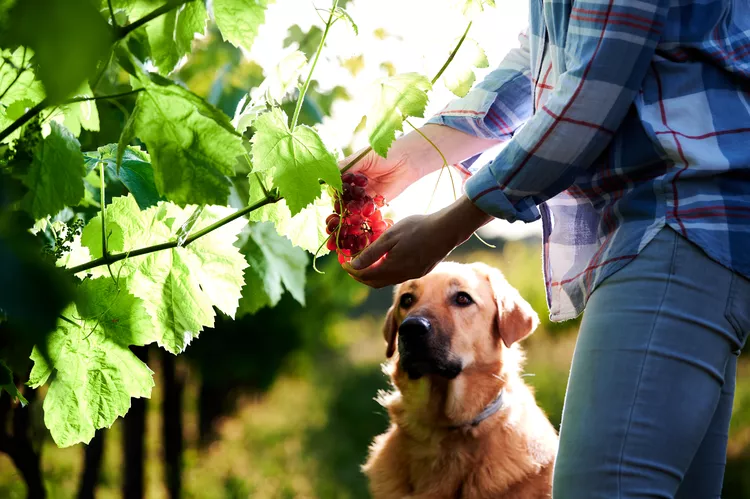
Visiting a winery can be a perfect springtime activity to relax and enjoy the outdoors as the weather gets warmer. And sometimes, that chilled glass of crisp sauvignon blanc is best enjoyed with a sweet pup by your side.
Many businesses, including wineries, have become increasingly pet-friendly in recent years. While there are many pet-friendly wineries, there is no one-size-fits-all pet policy, so it’s important to do your homework before visiting. Here's the lowdown on pet-friendly wineries, including how to find them, what to expect, and tips before you go.
Pet-friendly wineries are exactly what they sound like—wineries that allow you to bring your furry friend. But different pet policies often mean there are varying degrees of “pet-friendliness.” Certain wineries may require pets to be leashed, limit pets to certain parts of the winery, or enforce pet or breed restrictions.
Wineries may use the term “pet-friendly,” but dogs are by far the most common pet you’ll come across at a vineyard. However, if you have an especially social cat (or rabbit or lizard or guinea pig) that does well in public, you may be able to take them to a pet-friendly winery that welcomes all pets.
On the theoretical scale of pet-friendliness, imagine that one side is “pet-welcoming” and the other is “pet-permitting.”
Typically, pet-welcoming businesses not only allow pets, they encourage them. Pet-welcoming wineries often have amenities specifically for pet owners, like water bowls, treats, poop bag stations, or an on-site dog park. You’ll usually see a lot of pets and pet owners at these locations.
Pet-permitting businesses will often have more restrictions in place and fewer amenities. A common restriction at wineries is allowing pets in outdoor spaces but not inside the tasting room.
It’s important to respect pet policies and remember that just because there are restrictions in places, it does not mean the winery owners or staff have anything against animals. Often, there are reasons behind restrictions that are outside of their control, such as zoning requirements or state laws.
There are several ways to find a pet-friendly winery near you. One of our favorites is utilizing online resources that have already done the research for you. These websites often include lists, ratings, and reviews of pet-friendly businesses. We recommend BringFido, which features reviews of hotels, restaurants, activities, and events in all 50 states; and Cork Hounds, which lets you search for dog-friendly wineries, vineyards, meaderies, and breweries by zip code.
You could also look up the pet policy of a winery near you. You can often find out whether they allow pets on the FAQ page of their website, but sometimes it takes some sleuthing. If you can’t find a pet policy on the business’s website, you may have some luck searching their social media pages or typing the winery’s name and “pet-friendly” or “pet policy” into a search engine. As a last resort, you could always call a winery to ask about their pet policy. If a winery is not up-front and advertising their pet policy, they may not be very welcoming to pets.
If it is your first time taking your pet to a winery or someplace similar, you can likely expect some behavioral differences in your pet. Your golden retriever may be a well-trained, obedient angel at home, but in a new environment with new sights, sounds, and smells, that training might go out the window, so it’s a good idea to keep a close eye on them.
You can also probably expect some extra attention from other animal lovers, especially those who are feeling extra social after a glass or two of wine. If your pet is skittish, politely ask people who approach them to either go slow or leave your pet alone. Also keep an eye out for children, since they are often allowed at wineries.
Regardless of how pet-friendly the winery is, you shouldn’t expect them to have everything you’ll need, so it is always a good idea to bring your own water bowl and plenty of fresh water. You may also want to bring a snack or toy to keep your pet occupied.
Like most outings, before you bring your pet to a winery, we’d advise asking yourself: Am I doing this for my pet or for me? Think about whether your pet will really enjoy being somewhere that could be potentially crowded or overstimulating. A few questions you can ask yourself include:
If you decide you still want to bring your pet, here are some tips:

Exploring the Different Types of Pet-Friendly Beaches
Are you looking for pet-friendly beaches? Learn about the different types of pet-friendly beaches, their locations, and tips for visiting them with your pet.
Exploring Pet-Friendly Wineries: Types, Locations, and More
Discover the different types of pet-friendly wineries, where to find them, and what to expect when you visit. Learn more with The Spruce Pets.
Why Is My Dog’s Eye Swollen?
If your dog's eye is swollen, she may need veterinary attention. The inflammation could be caused by allergies, an injury, or even a tumor.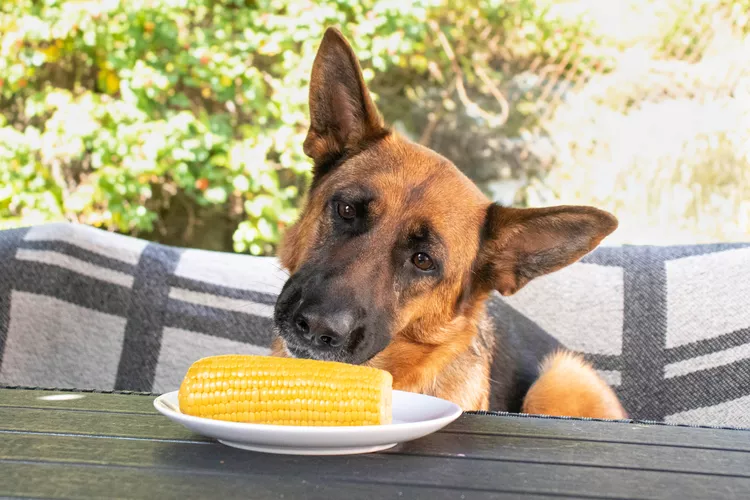
Can Dogs Eat Corn on the Cob?
Dogs love chewing on corn cobs, but this can cause serious harm. Learn about the dangers of corn cobs and find out what to do if your dog eats one.
Can Dogs Eat Papaya? What to Know About Sharing This Tropical Fruit With Your Pup
Papaya is safe for dogs in moderation, and it can even provide some nutritional value for them. However, too much can cause digestive upset, and it's not suitable to share with dogs with certain health conditions.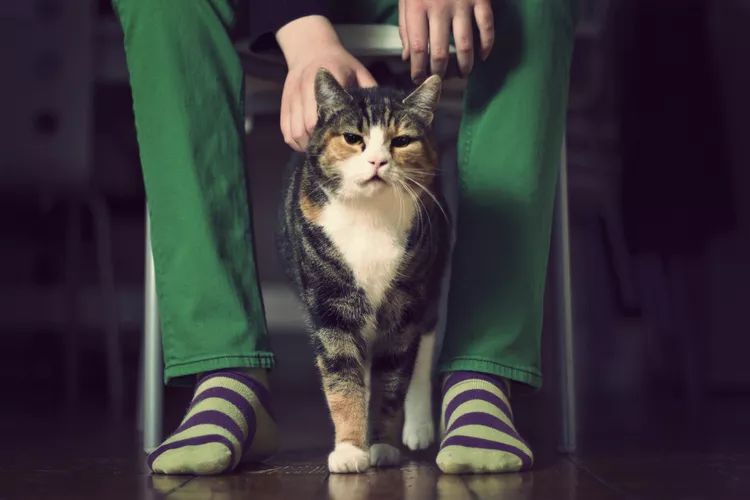
65 Irish Cat Names
Irish cat names can pay homage to historical places, local cuisine, famous Irish actors and musicians, or other wonderful aspects of the Emerald Isle.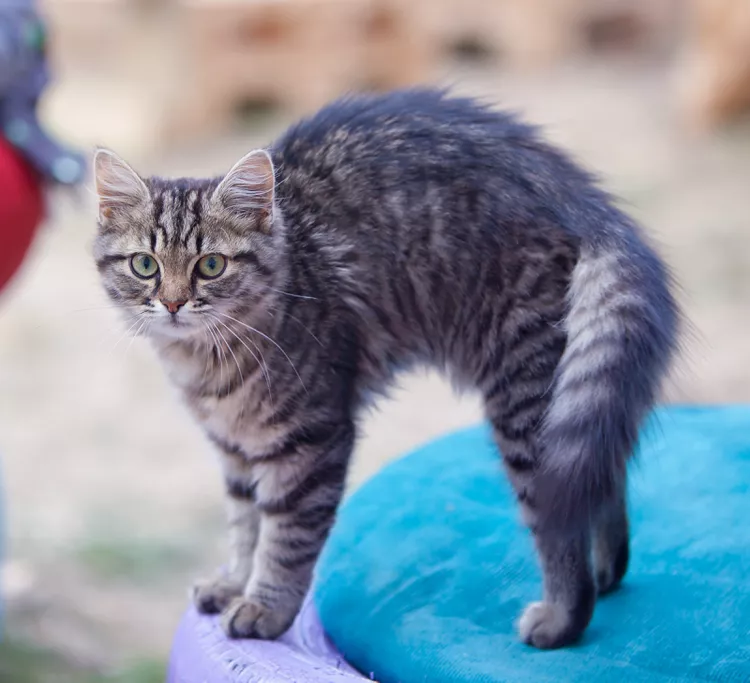
Feline Hyperesthesia Syndrome (FHS) in Cats
Rippling skin is more than dermal sensitivity in cats. It can be a sign of Feline Hyperesthesia Syndrome. Learn the causes, treatment, and prevention.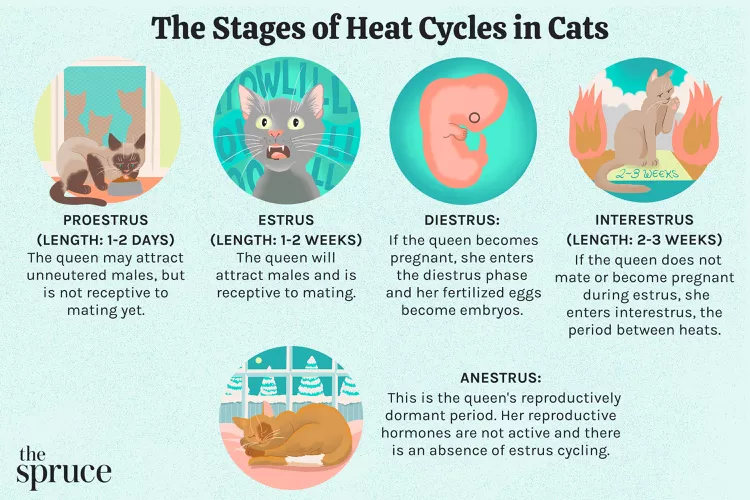
How Long Are Cats in Heat?
How long are cats in heat? Learn about the heat cycles of cats, also called estrus, as well as the reasons you should spay your cat.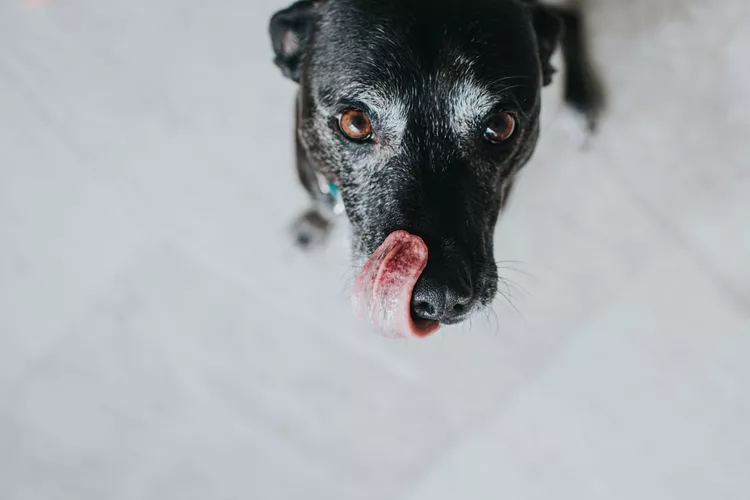
Can Dogs Eat Raw Chicken Feet?
What are the potential health benefits of chicken feet for dogs? What are the risks?
Is Eucalyptus Safe for Cats?
Many products containing eucalyptus are not safe for cats, and it is important to be aware of the risks to your cat.
What You Need to Know About Homemade Cat Food
If you want to cook for your cat, make sure to read about the risks associated with homemade diets for cats
Can Cats Eat Peanut Butter?
Peanut butter is not toxic to cats, but it might not be the best choice of treat for them.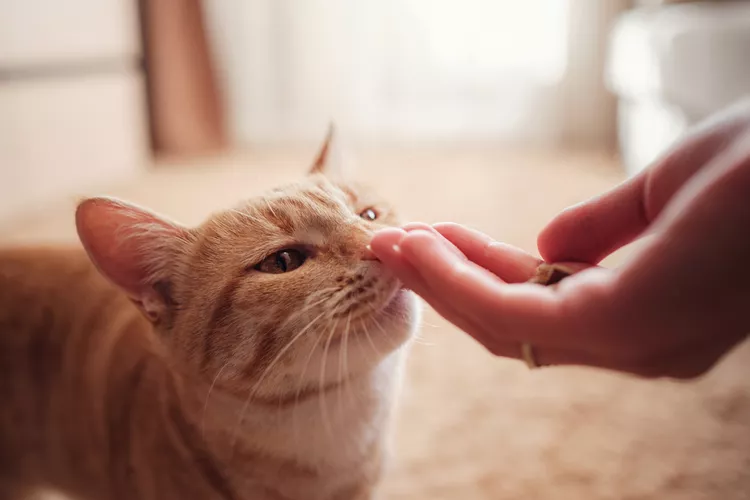
Can Cats Eat Cheese?
Can cats eat cheese? Is it healthy for them? How much can they eat and what should you do if you fear your cat has eaten too much cheese?
8 Flat-Faced Cats with the Cutest Smooshed Faces
These flat-faced cat breeds have a distinct and adorable appearance. Learn about their origins and traits, and the potential health risks tied to their unique facial structures.
Pictures and Facts About Bengal Cats and Kittens
Bengal cats are a cross between wild cats and domestic cats. Learn more about what they look like and pictures of this beautiful spotted breed.
Top 10 Big House Cats
Larger cat breeds, like Maine coons and savannahs, deserve just as much love as their petite counterparts. These big house cats tip the scales.
Cairn Terrier: Dog Breed Characteristics & Care
The cairn terrier is a spunky, affectionate, and intelligent dog from Scotland. The breed became famous when one played Toto in The Wizard of Oz. Learn about the temperament, history, health, and care needs of the cairn terrier dog breed.
Reasons Why Dogs Grind Their Teeth
Some dogs grind their teeth. Learn why dogs grind their teeth and if it can be harmful. Find out what to do about teeth grinding in dogs.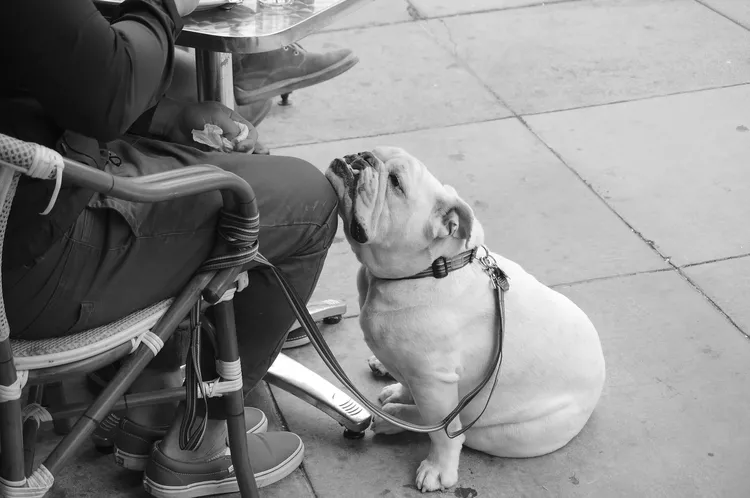
This Is Why Some Dogs Lean on People
Certain dogs really love leaning on their humans. What does this mean? Find out why dogs lean on people and if this is ever a problem.
Can Dogs Get Depression? How to Help Your Sad Dog
Can dogs get depression? Learn about the signs of depression in dogs and find out how to help your sad dog.